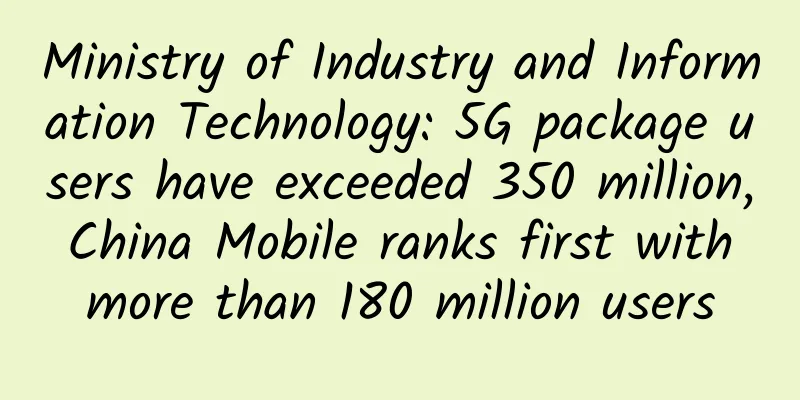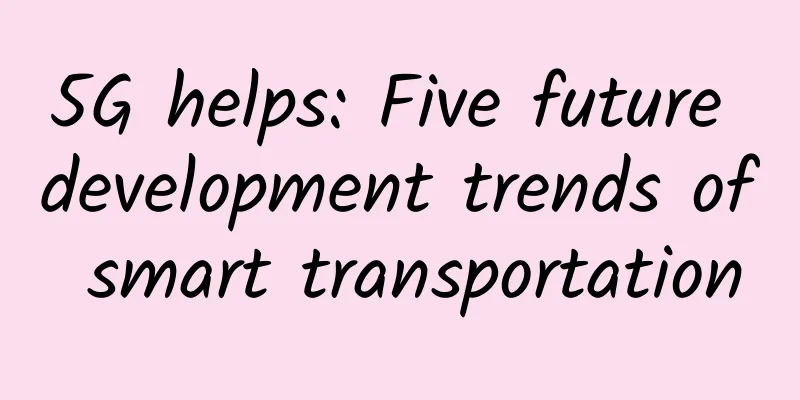The Experience Economy is in Full Swing: Aruba Drives the Intelligent Digital Workplace
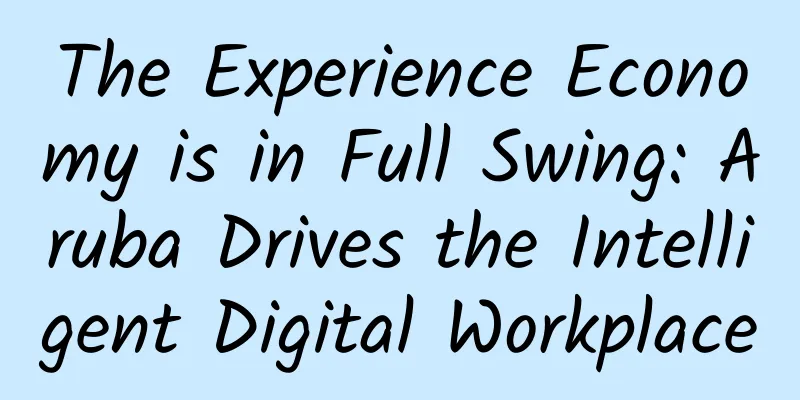
|
Under the wave of mobility and digitalization, the communication and working methods among corporate employees are quietly changing. Recently, the Aruba APAC Atmosphere 2018 conference hosted by Aruba, a leader in global distributed enterprise networks, was held in Bangkok, Thailand, and the topic of intelligent digital workplace was discussed. During the summit, Aruba released a research report titled "Digital Revolution Unlocks the Potential of Smart Digital Workplaces". The report surveyed 7,000 employees in 15 countries and showed that more than 69% of companies have invested in smart digital workplaces, and 24% of companies are already using IoT-driven technologies. Employees are enthusiastic about using new office technologies and hope that their employers can adopt more new technologies. In the Asia-Pacific region, almost all respondents (98%) believe that the adoption of new technologies will improve the office environment, and 71% of respondents hope to enter a fully automated workplace in the next 5-10 years. These figures mean that digital office, characterized by automation and intelligence, has arrived in full swing, and will have significant impacts on companies and employees in three aspects, including collaboration methods, work experience, and security challenges.
Not bound by tradition, the wave of digitalization triggers a new round of transformation in the workplace Mobile Internet technology and a large number of cloud-based applications have entered the workplace, reshaping the concept of the office. It is no longer a limited physical space. Francisco Acoba, Executive Director of Strategy and Operations at Deloitte, emphasized that "an effective office space needs to be user experience-centric and match the working styles of individuals of different ages and personalities. In the future, this new workplace will be a brand-new space that perfectly combines elements such as workflows, IT solutions, and building systems with people." In such a space, automated and intelligent equipment is widely used, which improves work efficiency. Being online at any time, communicating in real time, remote collaboration, mobile office, etc. have almost become the norm in work. It can be said that mobility and intelligence have greatly liberated employees' time and space, freeing them from tedious and repetitive labor, and gaining better work experience and satisfaction. This is the new round of transformation that enterprises are experiencing towards intelligent digital office spaces. More than just work, the intelligent digital workplace will become an important indicator for attracting high-quality talents The introduction of digital technology into the workplace has not only improved work efficiency, but also brought about changes in personal experience that are affecting every employee. On the one hand, machines replace manual labor, freeing people from rigid, repetitive and arduous simple labor, allowing them to engage in more creative work. According to the conclusion of this Aruba report, 73% of "digital innovators" believe that digital technology has played a positive role in improving productivity. The former are also 56% more likely to be motivated to work than the latter. On the other hand, people born after 1985 and 1990 have gradually become the main body of the labor force. This generation is the natives of the Internet age and advocates the independent and free pursuit of the value and meaning of work, while obtaining good work experience and personal growth. As a result, people's definition of a good job is no longer limited to salary and benefits, but also takes into account many experiential factors such as career development, corporate culture, and employee care. This can be confirmed by a set of data in the report. For those innovators who make good use of digital technology, their job satisfaction is 51% higher than that of the laggards, and the possibility of achieving work-life balance is also 43% higher than that of the latter. From the perspective of promoting the career development of employees: 65% of "digital innovators" said they have gained career progress, while this proportion is only 31% among "digital laggards". In addition, the widespread adoption of digital technology creates opportunities for companies to attract and retain outstanding talent while improving employees’ work experience. 52% of respondents believe that digital technology can create a more attractive working environment. It can be seen that the significance of digital transformation in the workplace is that companies should use new technologies and modern mobile communication tools to create a work environment that can enhance employee engagement and improve team productivity. Starting from the employees' feelings, a comfortable and convenient working environment can motivate employees to achieve a win-win situation for both companies and employees. Intelligent management to develop solutions for potential risks caused by digitalization Mobile and cloud extend traditional information security. While providing convenience and better experience, security challenges will also follow. In fact, for employees who are proficient in using smart devices, they already pay enough attention to security issues. The survey shows that more than half of employees are aware of the importance of security. 53% of employees use security software for protection. However, with the increase in the frequency of use of digital devices, employees will inevitably engage in some behaviors that affect information security. For example, 73% of employees admitted that they had engaged in high-risk behaviors such as sharing passwords and devices; a quarter of the employees interviewed said that they had accessed unsafe open Wi-Fi; 17% admitted that they had written down their passwords on paper to prevent forgetting.
In the face of security risks, enterprises obviously cannot stop taking risks. When building a smart digital office, they need to match a complete and reliable solution to support security, so that employees can enjoy the convenience brought by smart digitalization with greater peace of mind. In this regard, Mr. Steve Wood, General Manager of Aruba Asia Pacific, pointed out three key points: first, full collaboration between enterprise departments to formulate the enterprise's smart digitalization strategy; second, building a truly mobile office infrastructure that is not limited by space; and third, building a strict security plan with the help of emerging technologies. In this regard, new technologies such as machine learning come in handy. Partha Narasimhan, Chief Technology Officer of Aruba, introduced that "different from the traditional passive defense strategy, Aruba's security strategy starts with the analysis of smart devices and user behavior, and uses the new technology of machine learning to form an intelligent network security system for active identification and intervention." For example, the security platform uses AI technology to track users' Internet habits and generate user-specific behavior patterns. Once the user behavior pattern is abnormal, it will trigger the platform to warn and take active intervention. This process is automated. Partha said that Aruba's scientists have invested a lot of effort in machine learning. As the algorithm continues to be enhanced and data accumulates, the system will understand the user's behavior more and more, thereby obtaining a better customer experience. Finally, the experience of intelligent digitalization is penetrating into every aspect of the work scene. When people's working methods, communication and collaboration modes, and the resulting new experiences are different from the past, the office space is also redefined. Keerti Melkote, CEO of Aruba, said, "Aruba provides a solid infrastructure, enabling our partners to develop more applications based on intelligent digital work scenarios through a variety of API interfaces. At the same time, we are committed to working with partners to build an overall ecological chain and provide customers with complete solutions. In this regard, Aruba's campus is a typical representative of the intelligent digital workplace." At the same time, he emphasized that "mobile first" and "cloud first" are Aruba's core strategic directions, and customer experience is always a priority. It is exciting to experience and win this change with customers. |
>>: Mainstream IoT wireless technologies are here!
Recommend
The next generation of computing defined by Cisco is born
For more than 30 years, Cisco has been driving th...
Akamai launches first NFT artwork to visualize Internet activity
May 25, 2022 - Akamai Technologies, Inc. (NASDAQ:...
TripodCloud: US CN2 GIA line VPS with large hard disk $40.99/half year onwards
TripodCloud (Yunding Network) is a relatively low...
How to change the password of a wireless router? Learn step by step
Wireless routers have become a must-have for ever...
Looking ahead to 2017, who will be the top network technology brand?
[Original article from 51CTO.com] In 2017, the tr...
From concept to implementation, blockchain's diversified applications activate the big data economy
As Bitcoin hits new highs again and again this ye...
15% off on KVMLA dedicated servers, starting from 765 yuan per month for Japan/Singapore servers, top up 500 yuan and get 100 yuan free
In addition to the VPS hosting discount, KVMLA al...
A multi-dimensional interpretation of the construction of my country's comprehensive network governance system
At present, in the ever-changing and complex inte...
Competition and Cooperation among the Three Major Industrial Internet Camps
"Short-term cooperation, long-term competiti...
Samsung, Qualcomm, Huawei, and Nokia, who are the world's top players in 5G technology?
Who are the top players in 5G? A report from rese...
What is the difference between a free SSL certificate and a paid one?
With the popularity of SSL certificates, CA agenc...
Wi-Fi 6 forces basic network equipment to upgrade
Wi-Fi 6 (802.11ax) is here, and more and more wir...
IPv6 communication principle (1) - The network card startup process that cannot be ignored
Related article: IPv6 Series - 10 Common Problems...
5G optical fiber product network construction requirements
5G is a leading technology in the new generation ...
The pace of 5G commercialization is accelerating, and smart hardware is experiencing rapid development
As another technological concept after smartphone...
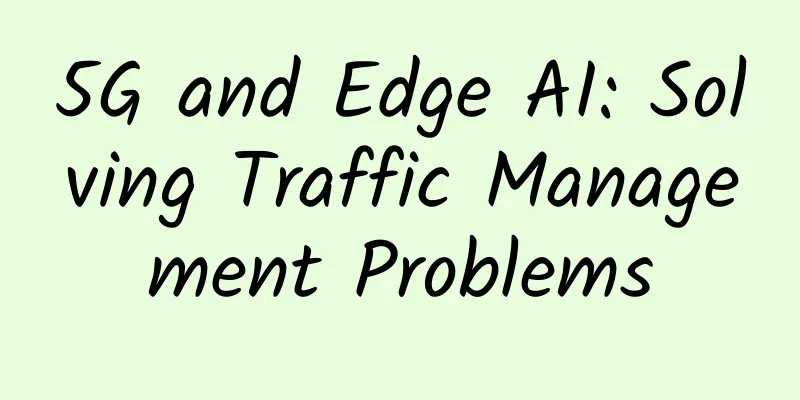

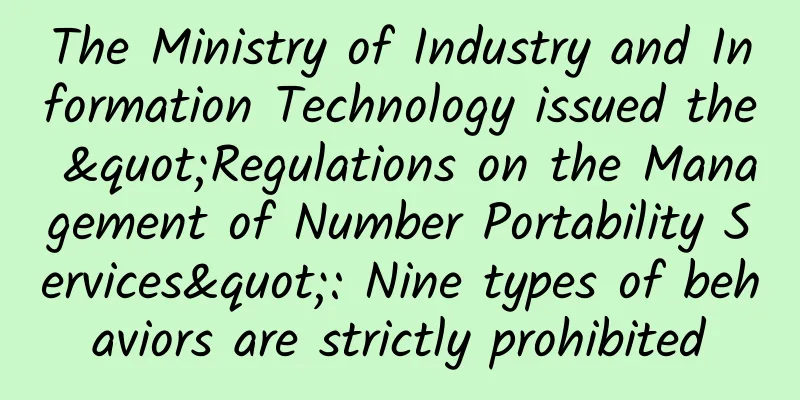

![[Black Friday] FlipperHost: 2GB memory KVM monthly payment starts at $4.9, 4 data centers in Los Angeles and other places](/upload/images/67cac473c3319.webp)


